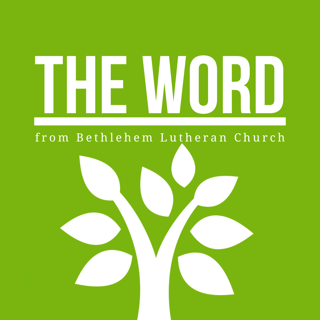Between Sundays for Week of July 11, 2022
In the story of the Good Samaritan, Jesus answers a question that is never asked – what is a neighbor? – and gives an answer that surprises, even as it instructs. In her sermon, Pastor Amy reminds us that all neighborliness starts first with God who is a neighbor to us through Jesus.
As people of faith who seek to love God with our whole heart, mind and strength and our neighbors as ourselves, this parable invites us to ask: To whom do we show mercy? To whom ought we show mercy?
Showing mercy requires connection. It requires taking the risk of engaging in relationship. It demands curiosity – an openness to hearing and seeing and being moved by another’s needs.
I (Pastor Hoffman) read an article this week that reminds me that this is something we practice together as church. We come together for worship each week, receiving all who show up. We don’t choose who comes – or doesn’t. But together, we become more than individuals who happen to be in the same place at the same time. We become the body of Christ.
We are sent from worship to be the body of Christ for the world. To show mercy. To love our neighbors.
This is hard and holy work. We don’t always feel like we have what we need to do it. And we don’t, not by ourselves. By the grace of God, as the body of Christ, we have mercy to share.
Jesus answers a question that is never asked — what is a neighbor? — a gives an answer that surprises, even as it instructs. In her sermon, Pastor Amy reminds us that all neighborliness starts first with God who is a neighbor to us through Jesus.
Ponderings
Much of our culture maintains the traditional expectation that one’s neighbor is similar to one’s self, whether in ethnicity, religion, or economic status. With this understanding, a neighborhood is an area that houses similar people, and this similarity affords people psychological comfort and identity support. Yet Luke’s parable beckons us to a life of counter-cultural border-crossing.




